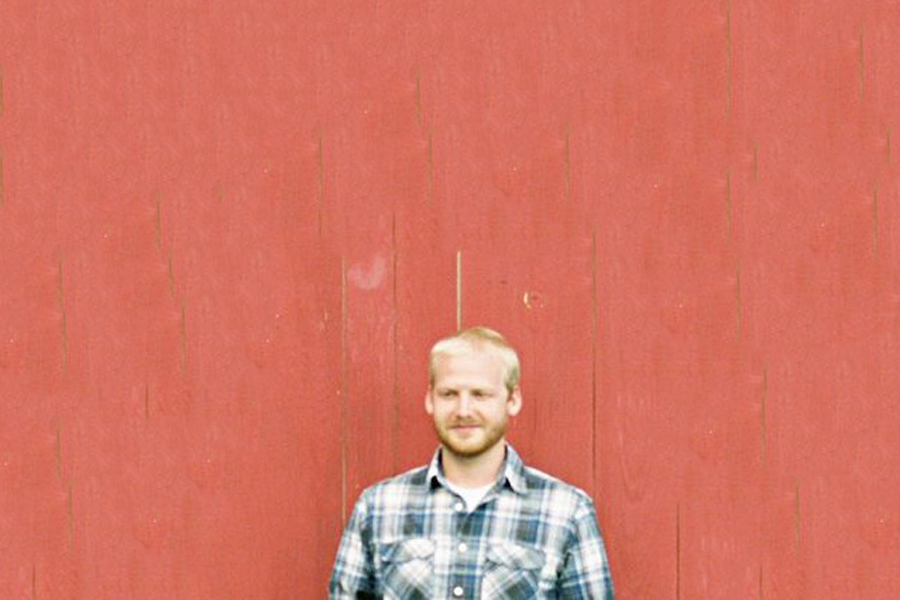Any commuter regularly riding the rails to work in the morning would have noticed the growing trend of fellow passengers with their ‘cool’ Beats headphones or newly-minted AirPods tapped in.
While a decent amount of these commuters are likely immersed in their Taylor Swift music collection, it’s likely that just as many are listening podcasts, a media format growing in popularity among consumers and advertisers alike.
However, between crap audio quality and guests who don’t turn out to be all that, anyone who has tangoed with creating for the medium understands how big of a pain it is to put a quality piece of content together.
Zencastr is a New Zealand startup looking to help podcasters by providing an online platform to simplify and automate podcasting’s tedious recording and post-production processes.
The online desktop platform allows a user to record individual audio tracks of each guest, who are able to join a conversation with just the click of a link. At the end of a recording, the platform will crunch the audio through a post-production service to balance levels, remove background noise and add dynamic range compression.
Founder Josh Nielsen, who has prior professional experience working with sound, said Zencastr emerged from a slate of other less successful audio related projects and companies he worked on.
“In the process of working on other stuff, someone had brought to my attention that podcasters were having issues with recording and automating audio,” said Nielsen.
“I wanted to leverage that into something I had existing skills in, so I started interviewing podcasters I knew and recognised that this was a wider problem.”
Understanding that the market for audio recording platforms aimed at podcasters had competition, Nielsen looked to develop Zencastr with a focus on clean audio recording and simplifying the entire podcasting process as much as possible.
“The problem that it solves is that podcasters often have remote guests and recording them with what’s available, like Skype, limits the level of audio quality,” explained Nielsen.
When a user logs onto the platform, they’re presented with an interface that allows them to create a new recording project and set up a few of the platform’s extra features.
This includes a footnoting option, which allows users to attach written information to different timestamps in the podcast, which can be viewed once the recording moves along. There’s also a soundboard feature, where users are able to attach up to 10 different sounds that can be ‘activated’ during the podcast by using numerical keys.
Nielsen explained that once a guest connects, the platform ensures a stable connection by having users connect directly to their guest, thereby helping to boost audio quality.
“Other services like Skype use a relay server between you and your guests to relay audio back and forth, but Zencastr connects you directly to your guest,” explained Nielsen.
To help prevent audio tracks being lost from disconnects, the platform automatically uploads recent segments of the recording to a user’s Dropbox account, which can be connected from their account settings.
To add technical lingo, Nielsen said Zencastr also secures an audio file’s safety and stronger quality by having each track record locally to computer’s RAM in 44.1k, which is then stored locally on the hard drive.
At the end of a recording, users are able to choose between which post production effects they would like to add to each track; this is run through an API from Auphonic, a service that automates post production using signal processing and machine learning techniques.
Zencastr will then allow you to mix the tracks together into one file or download them separately, with pro plan users able to download in WAV format, in addition to using extra features, such as the soundboard.
Zencastr offers a $20 per month package which allows users access to most features, however the automatic post production service is limited to 10 hours unless users have the higher end package.
There’s a free version too, although these users have to pay to use the post production service.
The subscription model follows what other popular recording services in the market are doing; Buzzsprout, for example, sports a similar tagline of simplifying the podcasting process.
Zencastr users must cut together their podcast in their own post production software and upload it themselves, however, while Buzzsprout looks to automate that entire process.
Acknowledging the competition, Nielsen believes Zencastr differentiates itself from other platforms thanks its simplistic method of connecting guests, automated post production service, and ability for a user to control additional editing and the final uploaded product.
“The platform is made to automate things. It’s not made for everybody, but it can be widely used if you leverage the post-production and recording tools properly,” said Nielsen.
Nielsen said that with the platform’s user base having grown to roughly 15,000, he will look to add additional features to Zencastr to help solve the “dozens” of needs that podcasters have.
Currently, Nielsen said the startup hasn’t sought any funding opportunities as it looks to remain “financially and geographically independent”, although he is open to the possibility of investment in the future.
For now, the startup will focus on polishing the existing features and continue to grow its revenue and user base. Nielsen said continuing to expand the Zencastr team is also on the cards.
Image: Josh Nielsen. Source: AngelList.




















Trending
Daily startup news and insights, delivered to your inbox.